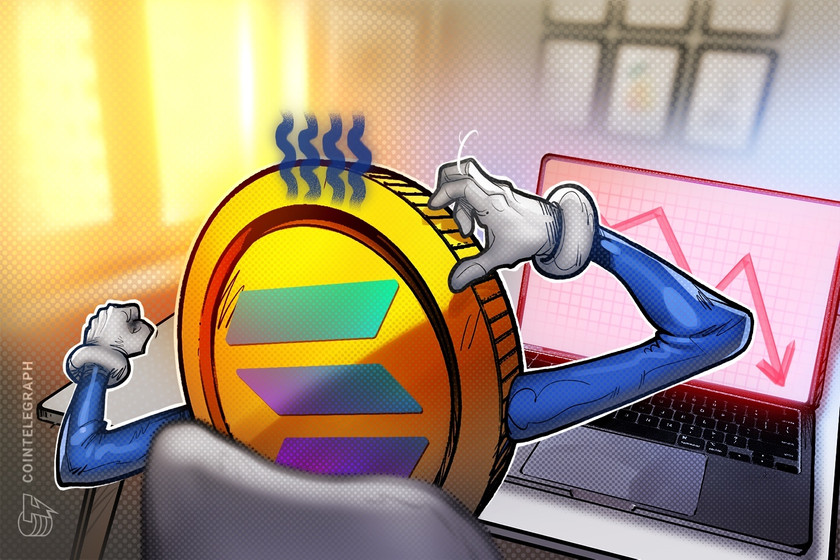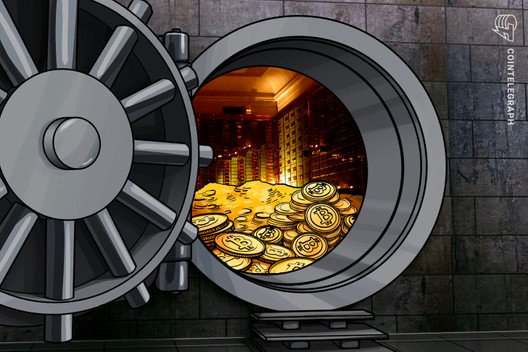Fake SpaceX YouTube Channels Scam Victims Out of $150K in BTC
Scammers have conned thousands of YouTube viewers into sending them a total of 15.31 BTC with the old ‘free giveaway’ trick.
862 Total views
13 Total shares

Crypto scammers have stolen at least $150,000 by impersonating SpaceX YouTube accounts and hosting fake Bitcoin giveaways.
According to a June 9 report on Bleeping Computer, several scammers hacked legitimate YouTube accounts and changed the branding and content to emulate that of Elon Musk’s SpaceX channel.
The channels then broadcast archived footage of Musk as if it was a live event and asked viewers to send Bitcoin (BTC). Bleeping Computer reported that at least 80,000 people watched the live stream, which has brought in 15.31 BTC for the scammers since June 8. One of the Bitcoin addresses received 29 transactions for 4.08 BTC — worth $39,840 at the time — while another received 84 “donations” totaling 11.23 BTC, or almost $110K.

Source: Bleeping Computer
‘This is not cool’
Musk is aware his name is being used to perpetuate such scams. Responding to a different con job in February, the CEO tweeted that “the crypto scam level on Twitter is reaching new levels” and users should report such fakes as soon as they see them.
However, sending reports may be insufficient for some platforms. Cybersecurity firm Tenable reported in February that there has been a “perpetual cat-and-mouse game between Twitter and cryptocurrency scammers” and the latter continue to modify their tactics to get BTC from unsuspecting victims.
Popular crypto figures often impersonated
With much of the public still interested in the historic launch of a private space vehicle built in and launched from the United States on May 30, scammers know how to spot profitable trends like impersonating Musk.
Ripple CEO Brad Garlinghouse has also been a popular target. Cointelegraph reported in March that YouTube videos of Garlinghouse periodically popped up to promote a fake 50 million XRP airdrop. Ripple considered the platform’s response time in removing such content as insufficient and filed a lawsuit against YouTube in April.









